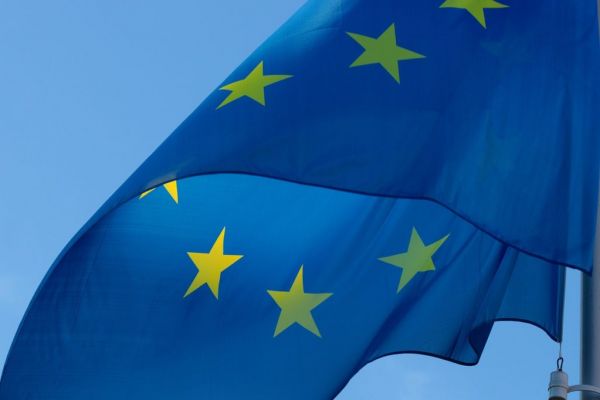Three weeks into his job, Tesco chief executive officer Dave Lewis got a nasty surprise.
On a mild Friday last September, General Counsel Adrian Morris called to say that he’d received an email from an employee in the finance department carrying an explosive accusation: the retailer had overstated its profit guidance for the previous six months by about £250 million.
They assembled a team that spent a frantic weekend trawling through the accounts at Tesco’s Cheshunt, England, headquarters, according to a person with knowledge of the events, who asked not to be identified because they haven’t been made public. By 7am on Monday 22 September, Lewis had seen enough to disclose that a “serious issue” had been uncovered. The ensuing scandal shook Britain’s largest retailer, while underlining the importance of insiders in ferreting out corporate misbehaviour.
"Whistle-blowers offer prosecutors one of only a few means of looking inside the boardroom,” said Robert Amaee, a London-based lawyer at Covington & Burling and former head of anti-corruption at the Serious Fraud Office (SFO).
SFO director David Green, in remarks at a conference in Cambridge, England, this month, said that whistle-blowers are playing “an increasingly important role in our work”. The agency has started soliciting cooperation from insiders when it announces new cases because of the “real benefit from them in current investigations”, he added.
Whistle-blowing in the UK is a relatively new phenomenon. It wasn’t until 1998 that legislation was introduced to protect people who raise the alarm. The change came in response to a series of disasters, including the 1988 rail crash in Clapham, London, where 35 people died because a worker was afraid to speak up about loose wiring.
It’s catching on. Calls to the Financial Conduct Authority, Britain’s market watchdog, grew tenfold in the last eight years, according to the regulator’s annual report. Twenty calls in the past year related to misbehaviour in the foreign-exchange market, where the FCA levied £1.1 billion in fines against five of the world’s biggest banks for currency-market manipulation in November.
The US has tried to encourage more people to speak up about wrongdoing in financial markets by introducing monetary incentives. Under the 2010 Dodd-Frank Act, individuals who provide high-quality information to financial regulators that leads to sanctions of more than $1 million can receive between 10 and 30 per cent of the money collected.
Since the rewards started in 2011, the Securities and Exchange Commission has paid a total of more than $50 million to 18 whistle-blowers, including awards of more than $30 million in 2014 and $14 million in 2013, according to SEC figures published in July.
Payouts were considered in the UK last year, but rejected by financial regulators who said that there wasn’t evidence that incentives led to more or better disclosures. However, the UK government hasn’t ruled it out, as a report looking at what more can be done to support whistle-blowers in bribery and corruption cases is being compiled, with an update due next month.
“Financial incentives could encourage whistle-blowing,” said Michael Burd, a London employment lawyer, “but I do question whether the arrangements in the US, where the amounts can be eye-watering, making people wealthy beyond anyone’s wildest dreams, are necessary, or indeed desirable.”
A year on, the effects of the Tesco scandal are lingering. The stock lost a quarter of its value in the two weeks following the revelations. It’s still down 23 per cent, as the retailer battles to stop customers from defecting to discount rivals.
An independent review of Tesco’s accounts found that the company had overstated its profit by a total of £326 million over several years.
Nine senior managers were put on leave at the time, and seven of those have since been dismissed or left. Former executives, including ex-CEO Philip Clarke, have been called in for interviews by the SFO. Green told Bloomberg in August that he wants to resolve the probe this year. A Tesco spokesman declined to comment.
Tesco’s cooperation and the speed of the probe suggest that a so-called 'deferred prosecution agreement' may be considered, lawyers said. Under such an accord, prosecution would be suspended if the company agrees to conditions that can include paying a fine, repaying profits, and helping bring cases against individuals.
Despite its standing as one of the UK’s highest-profile companies, and working with about 3,000 suppliers, the actions at Tesco remained hidden for years.
“Prosecutors and regulators need to have the insights of people on the inside to do their job,” said Erika Kelton, a lawyer at Phillips & Cohen in Washington DC, who has represented a number of high-profile whistle-blowers. “Twenty years ago, people were regarded as rats. Now, in some cases, they’re regarded as heroes.”
News by Bloomberg, edited by ESM. To subscribe to ESM: The European Supermarket Magazine, click here.













